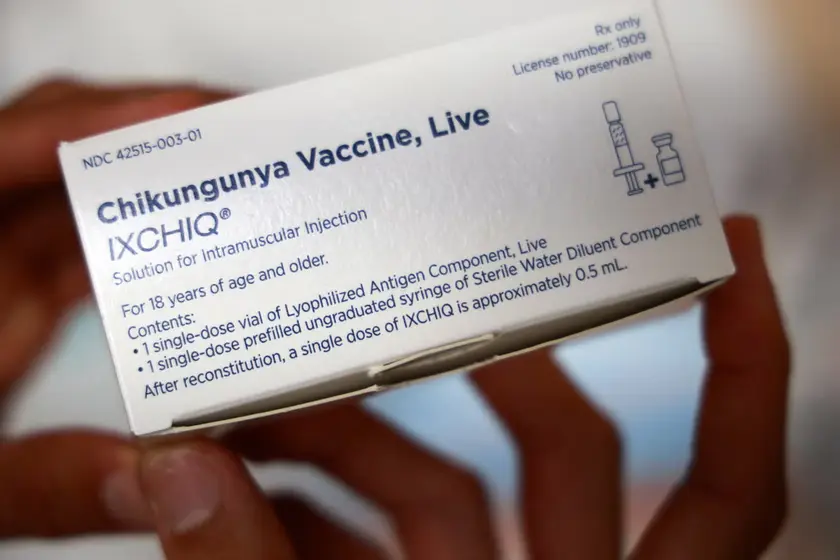T4K3.news
Chikungunya outbreak prompts bold measures in Guangdong
Guangdong authorities deploy fogging and door-to-door checks to curb chikungunya as the largest outbreak in China unfolds in Foshan and surrounding areas.
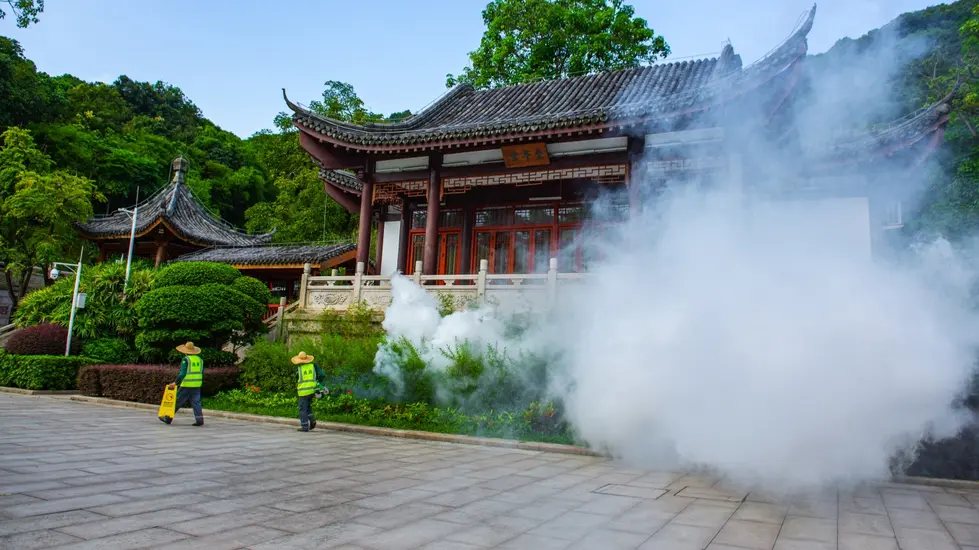
Guangdong province implements sweeping mosquito control and isolation measures to curb a large chikungunya outbreak.
China Fights Chikungunya in Guangdong
Health officials in Guangdong's Foshan city are deploying aggressive measures to contain a chikungunya outbreak that has sickened thousands. In the past month, more than 8,000 people in the province have been infected, the largest such outbreak in China’s history. Authorities have intensified mosquito control with street and park fogging, and community workers are inspecting homes for standing water where mosquitoes breed. Reports say some positive cases are being hospitalized to isolate patients, a approach that echoes wartime public health tactics.
Experts warn that while the response is vigorous, some steps may be excessive given chikungunya is not airborne and can be spread only by mosquitoes. The virus tends to cause fever, rash, and joint pain, and immunity in the population is low, which can justify strong actions to prevent spread. There are two licensed vaccines globally, but they are not widely available and China currently has none for domestic use. The outbreak has drawn attention to the role of climate conditions and international travel in spreading mosquito-borne diseases. While Guangdong appears to be stabilizing in Foshan, experts say the door remains open for the virus to move to other areas if vigilance lapses.
Overall, the episode tests the balance between rapid public health action and the rights of residents, as authorities weigh immediate containment against longer-term social costs.
Key Takeaways
"Chikungunya is rarely fatal"
Expert noting that severity is usually low
"Some of the measures are justified given the population has no immunity"
Health official explaining rationale for strict actions
"They can have prolonged joint pain that can last for weeks or months, and in some cases years"
Virologist describing long-term impact on patients
"There are no specific antivirals for chikungunya"
Medical expert on available treatments
The Guangdong outbreak reveals how fast a city can mobilize when a familiar virus resurges. Public health officials move quickly, but the intensity of measures raises questions about civil liberties and economic impact. The episode mirrors the urgency seen in earlier health crises, yet chikungunya spreads differently from respiratory illnesses, challenging the assumption that wartime-style controls are the only effective playbook. This situation could redraw how China manages vector-borne diseases in crowded urban centers, especially as climate and travel keep these diseases in play.
Highlights
- Chikungunya tests the speed of public health action in crowded cities
- Immunity is low here so drastic steps may be warranted
- Chronic joint pain can linger for months or years for some patients
- There are no antiviral medicines specific to chikungunya yet
Public health response raises concerns about civil liberties
The aggressive containment tactics resemble wartime public health measures. While the outbreak warrants swift action, the breadth of controls could trigger public frustration or political backlash if seen as overreach. Clear criteria for when measures scale back will be crucial to maintaining trust.
The coming weeks will show whether drastic steps achieve lasting containment without fueling new tensions.
Enjoyed this? Let your friends know!
Related News

Chikungunya virus outbreak in China confirmed
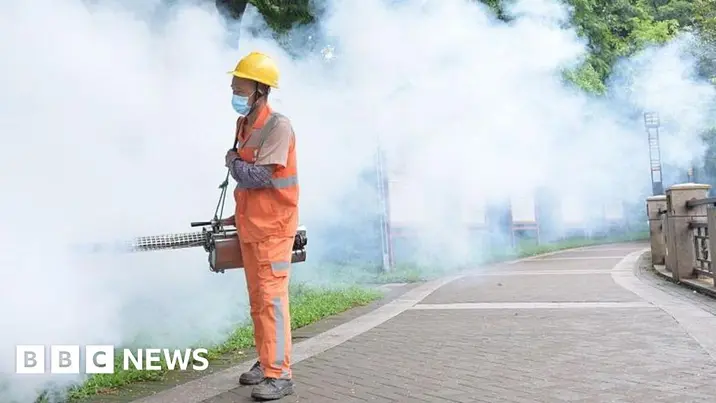
Guangdong province reports over 7,000 chikungunya cases
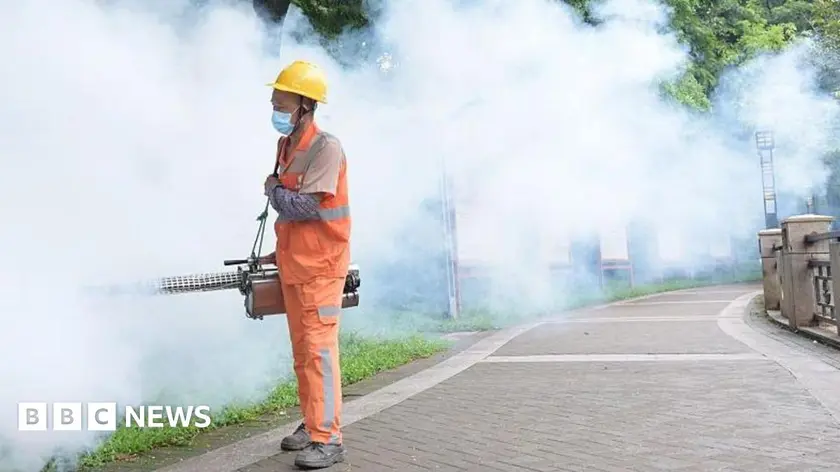
China reports over 7000 chikungunya cases
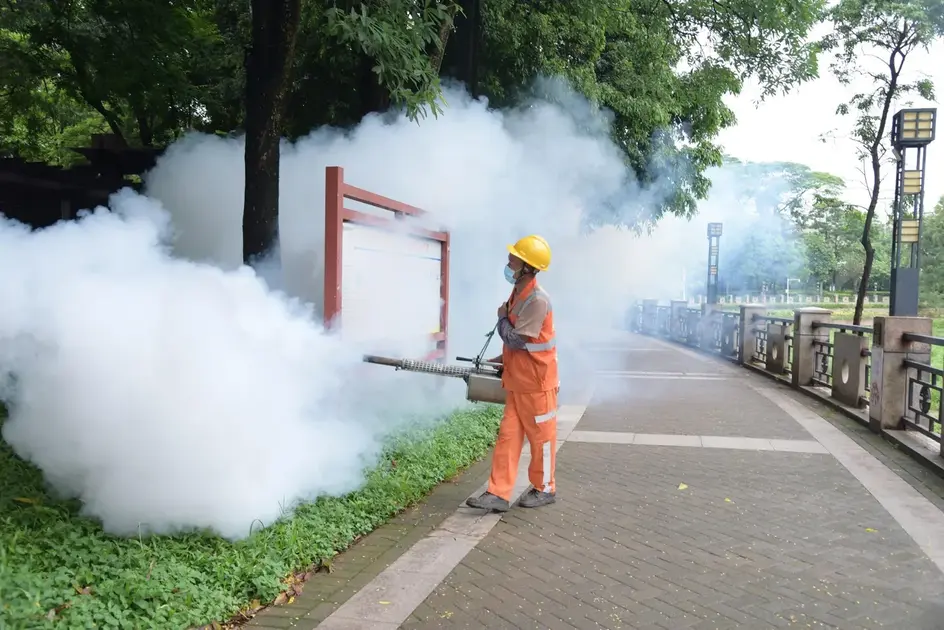
Chikungunya Virus Outbreak in Guangdong Province
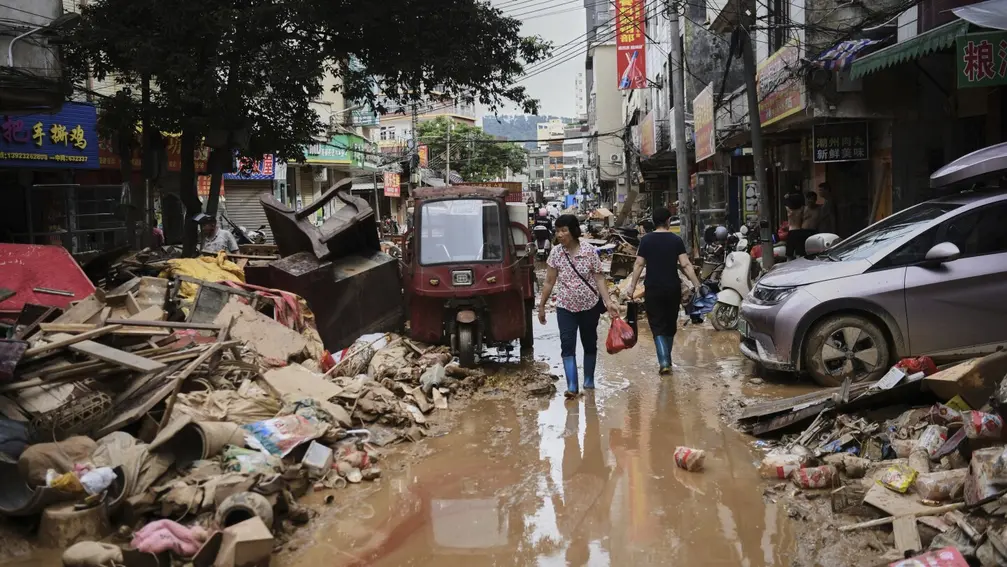
China reports over 7,000 chikungunya virus cases
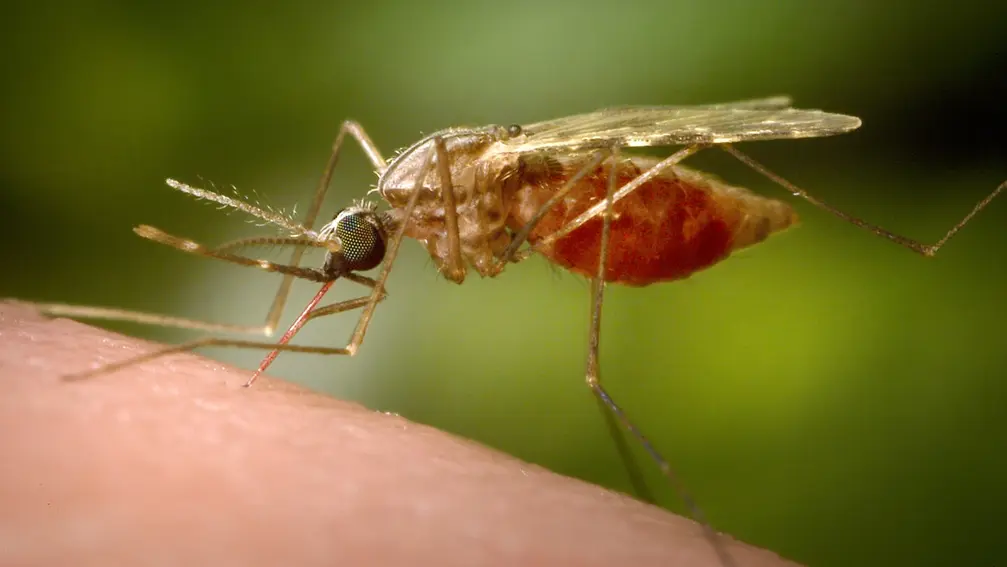
Chikungunya fever cases in Guangdong surge to 4,014
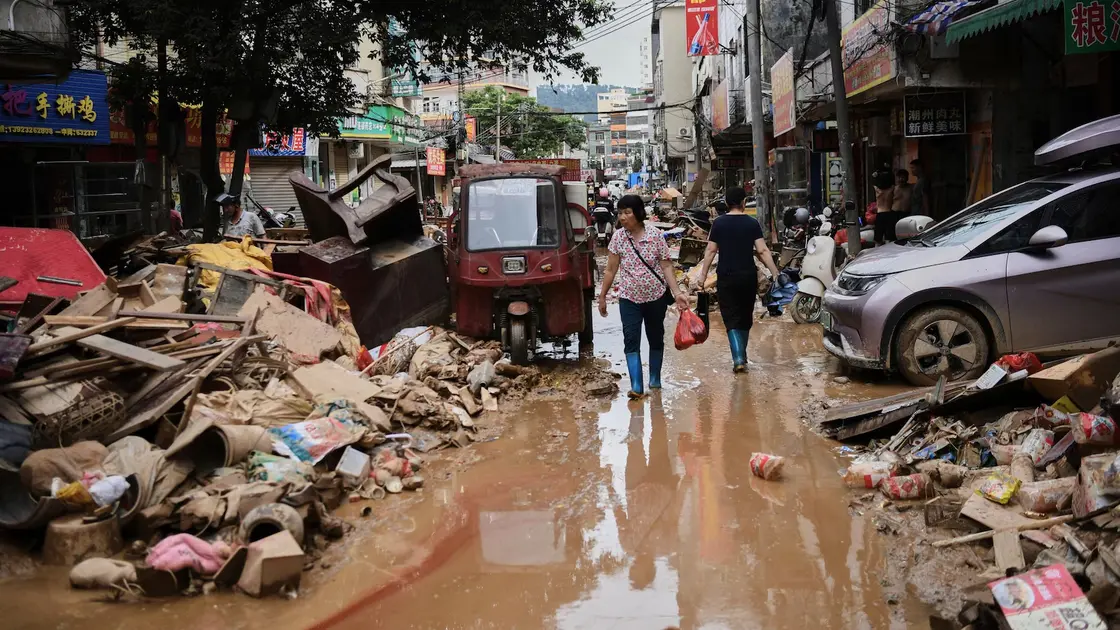
Chikungunya outbreak reported in southern China
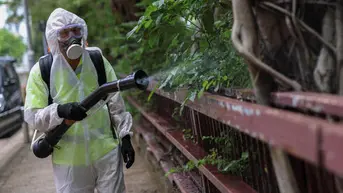
Chikungunya outbreak forces new tactics in Foshan
